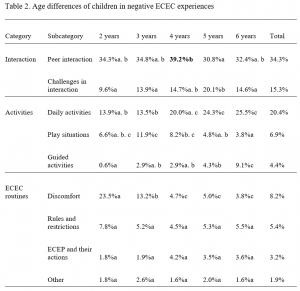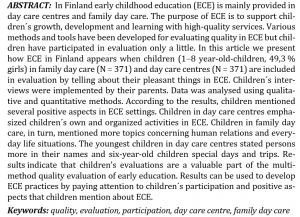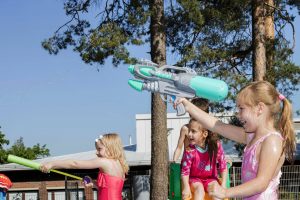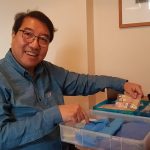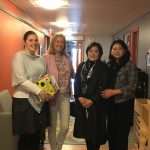 The article “Pedagogical leadership and children’s well-being in Finnish early education” by Elina Fonsen, Jyrki Reunamo, Leena Lahtinen and Mari Sillman has been published in the journal Educational Management Administration & Leadership. The article uses the data of the Progressive Feedback. The results show a link between a leader’s pedagogical leadership and children’s observed activities, including learning, positive emotions, physical activity, and participation. In addition, a there is a link between the need for pedagogical leadership assessed by staff and leadership assessed by the manager, which emphasizes the need for the manager to focus on pedagogical leadership and staff involvement. The results provide a perspective that allows the director to focus on the primary task of early childhood education, the well-being of children.
The article “Pedagogical leadership and children’s well-being in Finnish early education” by Elina Fonsen, Jyrki Reunamo, Leena Lahtinen and Mari Sillman has been published in the journal Educational Management Administration & Leadership. The article uses the data of the Progressive Feedback. The results show a link between a leader’s pedagogical leadership and children’s observed activities, including learning, positive emotions, physical activity, and participation. In addition, a there is a link between the need for pedagogical leadership assessed by staff and leadership assessed by the manager, which emphasizes the need for the manager to focus on pedagogical leadership and staff involvement. The results provide a perspective that allows the director to focus on the primary task of early childhood education, the well-being of children.
The table above summarizes the themes related to good pedagogical leadership. The director of the kindergarten could attach the table to his wall and check out the most important things of his own management once a week!
